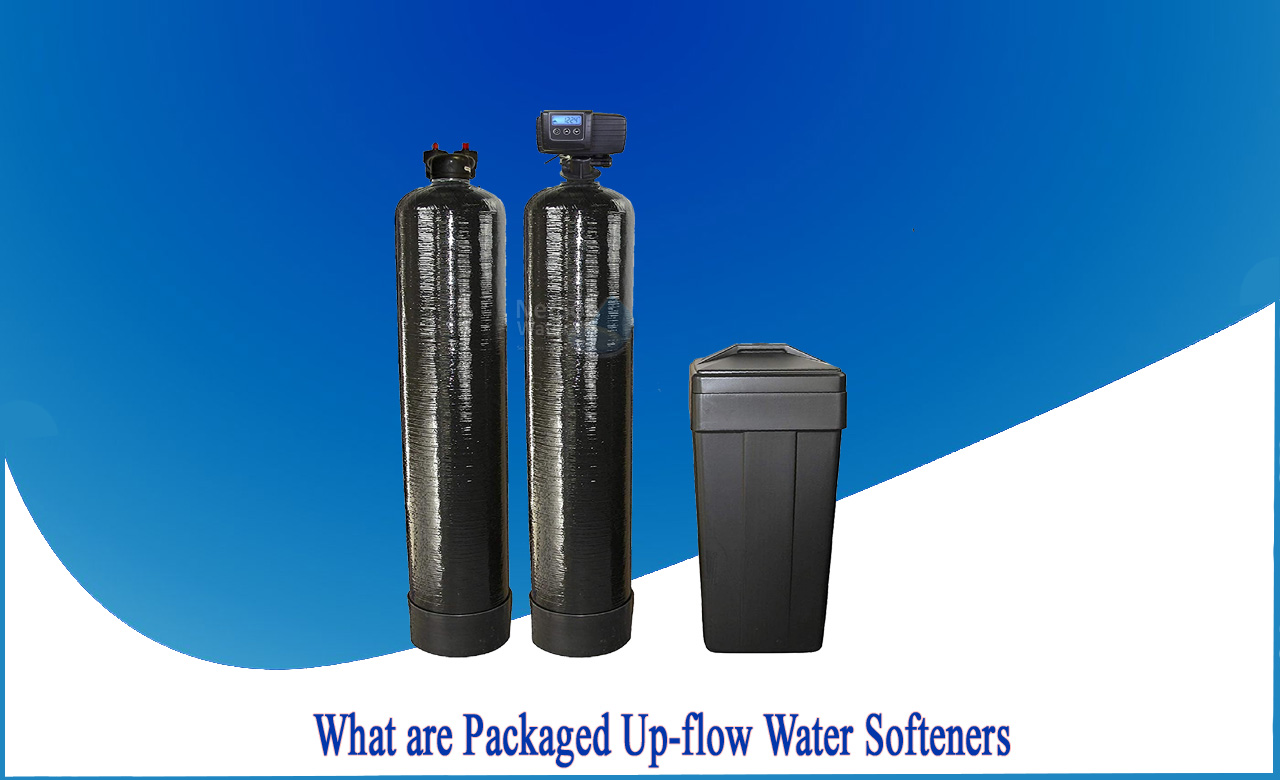What are Packaged Up-flow Water Softeners?
The balance of minerals of raw water to systems is essential for proper operation and maintenance of the system where in it is supposed to be used. The process of water purification and softening, takes water that is un-fit for use, and turns it into water that is free of sediment and contaminants, with the correct hydrogen ion concentration. It is also suggested to provide a consistent finished product. Water softeners remove excess minerals, such as calcium and magnesium, to a specified and monitored level to continue the usage to serve its purpose.
The process of softening requires the incoming water to travel through a porous resin bed. This resin resembles tiny plastic beads. These fine beads have been constructed and treated so that each tiny bead is exceptionally porous to filter the water out after proper contact for substitution is provided.
WORKING
Raw water enters the water softener vessel that is filled with the resin bed. The velocity of the feed water slows, spreading over the wider surface area over the bed, and travels through the millions of tiny beads on the resin bed. During this process, the minerals in the water are attracted to the resin surface areas (substitution). The water then exits from the resin bed – freed of the minerals with little significant hydraulic head pressure drop (loss incurred). The resin bed captures the hardness minerals in the water and thus makes the water free from hardness.
Softening of water gets rid of accumulated excess minerals and metals like calcium, magnesium and iron from your water supply or feed water. These minerals create a condition called hard water. Hard water increases your expense and is considered as liability. The scales and spots on your appliances, pipes and boilers are actually because of hard water. This can lead to clogging, drop in pressure and corrosion which reduces the efficiency and shortens their life span. It may even cause damage to your appliances.
There are two types of technologies involved in softening of water. These are:
· Upward Technology
· Downward Technology
UPWARD TECHNOLOGY
The innovation of upward technology represented a new savings in water and salt consumption over softeners that existed 50 years ago in softening techniques. The upward technology"set and forget," on demand system, just like the newer, more efficient water softener today. Home makers don't have to reset or reprogram the time on this model in the event of a power outage and thereby reduces the time and effort. Its non-volatile memoprevents the loss of system settings which makes it “fit and forget”.
Up flow technology makes the down flow technology out-dated by enabling its users to roam worry free. The down flow technologies are wasteful and inefficient. Upflow technology designed water softening systems save thousands of gallons of water and thousands of lbs. of salt which is used for regeneration.The prime advantage in up flow technology is that channelling is not an issue if they are used in the softening process. One main difference in the system is that up flow fashion is opted in this technology.
Netsol Water is Greater Noida-based leading water & wastewater treatment plant manufacturer. We are industry's most demanding company based on client review and work quality. We are known as best commercial RO plant manufacturers, industrial RO plant manufacturer, sewage treatment plant manufacturer, Water Softener Plant Manufacturers and effluent treatment plant manufacturers. Apart from this 24x7 customer support is our USP. Call on +91-9650608473, or write us at enquiry@netsolwater.com for any support, inquiry or product-purchase related query.



